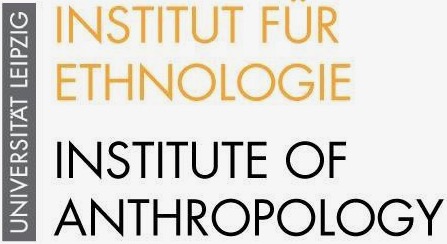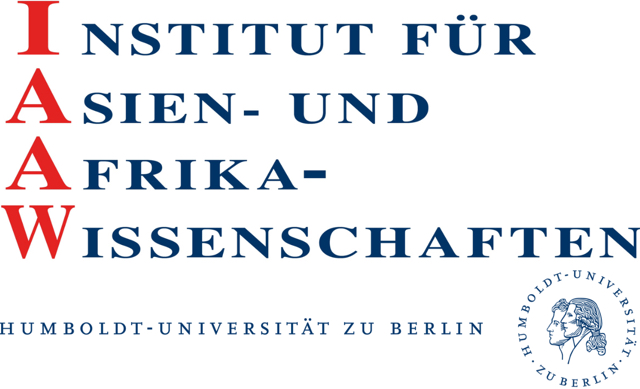
Investment in new infrastructures contributes significantly to the current rapid transformation of Asia. This thematic line of the Shaping Asia networking initiative studies the recursive processes by which new investments shape the social texture of Asian societies and visa-versa.
This project focuses specially on questions of infrastructures. We study parallels and differences in local experiences of new techno-developments as they occur on the ground and the role of political culture and power dynamics for framing their implementation. We organise the analysis around three key experiences as part of implementing large-scale projects: adaptation, orchestration and cooperation.
This project investigates the reflections and negotiations that ensure when new infrastructures are introduced. While projects typically start with a grand vision and a belief in their benevolence and efficiency, their actual implementation is often messy and there are multiple road blocks, resistances and unexpected outcomes. Acknowledging the negotiated character of building infrastructures, we focus on three types of adjustments that permit new developments to settle into a place and shape actors’ engagement with the evolving consequences. Situational adaptation helps universal forms to be fitted to local contexts; orchestration is an ongoing process of mainstreaming that tries to bring in line diversity with the needs of standard solutions; and cooperation helps to implement complex projects that require coordination between multiple stakeholders. Each project will lead the theorizing of one of these social dynamics.
The project has three focus areas.
Project Area A compares the real life intended and unintended consequences of the implementation of digital surveillance technologies in distinct political economies. It follows various processes of adaptation that turn digital technologies into tools for governance. The members of this focus area compare data from different states in India, and relate these to emerging research from Pakistan and China to lay bare contingencies, path dependencies and differences in designing, implementing and using digital infrastructure-mediated governance procedures. The group will show how digital infrastructures shape bureaucracies and their relations to citizens and explore how the generation and circulation of data feeds into projects of nation building. Building thereupon, the group investigates the scale of such infrastructuring, questioning the degree to which digital infrastructures are means of contouring a novel Asia.

The members of Focus Area B compare coastal protection infrastructures in Bangladesh, Indonesia and India, such as, for example, sea walls, diking and sluice gates. Understood as machines of sameness, this group considers the orchestration achieved by the deployment of standard solutions as well as explore limits and resistance to such homogenization. To this end, the group traces the implementation of typical design principles, norms and engineering choices in diverse social setting and thus illustrate their effects on the everyday life of people. The group pays particular attention to the role of national, transnationa and Asian experts in seeking answers to problems of climate change and how their infrastructural solutions impact the character of social relations and human-nature interactions in various sites of South and Southeast-Asia.
Focus Area C investigates the growing number of connectivity related infrastructural projects with cross-border dimensions. Team members study the dynamics of cooperation in infrastructure governance in comparative perspective. Of particular interest are cross-border projects located in mainland Southeast Asia and its Northeastern neighbours, in particular India, Myanmar, Laos, Thailand, Nepal and Bangladesh. The aim is to understand the character of cooperation between actors like governments, companies and NGOs from different countries including the role of foreign investors or donors. We canvass different project-set ups and analyse their implementation to understand how actors navigate a complex field of local, regional, national and international socio-political and economic contexts. Our research matrix takes into account practices of making infrastructures and discourse concerning promises related to these projects. Many projects are aimed at enhancing inner-Asian connectivity, but at the same time produce resistances, blockades, conflicts and enmities. Hence, our research traces typical forms of cooperation as well as tensions and conflicts that arise between partners. We pay particular attention to the role of China. Do projects involving Chinese investors produce specific of different tensions?
Research Team
Project Coordinators
Prof. Dr. Ursula Rao, Max Planck Institute for Social Anthropology in Halle/Saale
Prof. Dr. Anja Senz, Heidelberg University
Postdoctoral researcher
Dr. Arne Harms, Leipzig University








